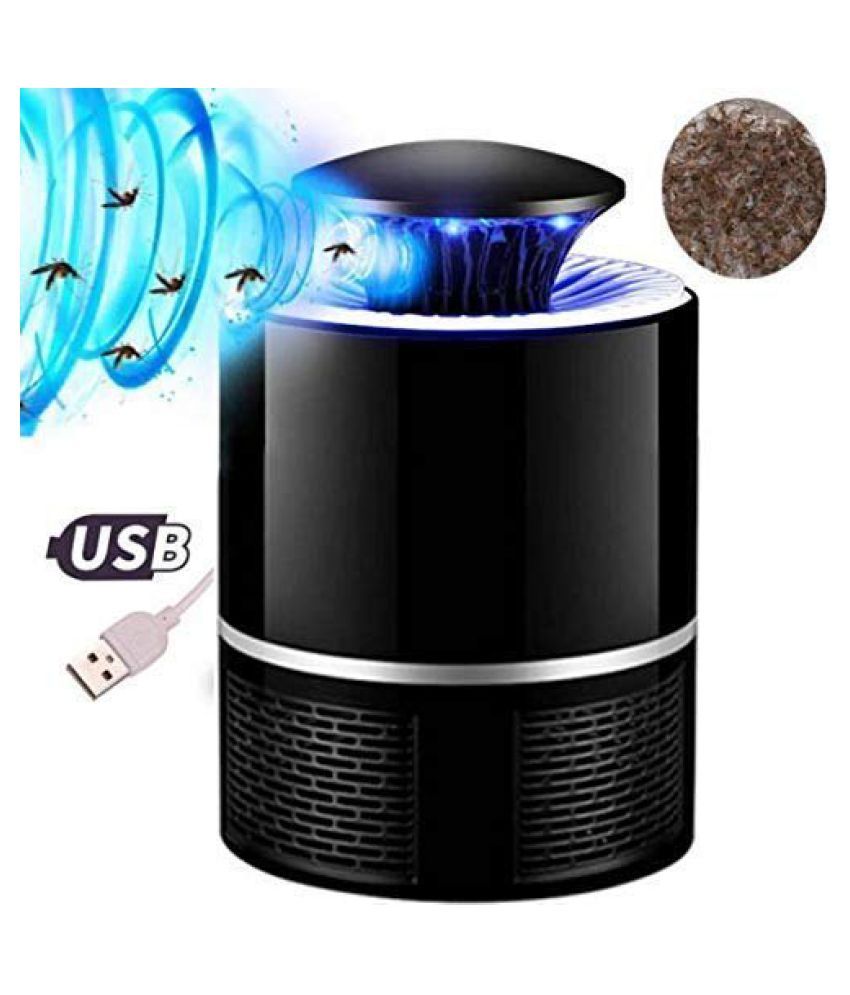Some Known Incorrect Statements About Mosquito bite prevention when camping or hiking

Also Found Here When Camping or Trip
Camping outdoors and walking are terrific outside activities that allow you to look into nature and delight in the fresh air. Nevertheless, a insect bite may quickly switch your fun adventure in to an itchy and awkward take in. Mosquitoes are not simply annoying but may also hold hazardous health conditions like jungle fever, dengue fever, Zika infection, and West Nile infection. For that reason, it's important to take preventative measures to avoid mosquito bites when camping or walk.
Below are some suggestions for avoiding bug bites:
1. Wear defensive apparel
One of the very most successful ways to avoid mosquito bites is through wearing long-sleeved t shirts, long pants, belts, and closed-toe footwear. Bugs are brought in to black different colors like dark or naval force blue, so wear light-colored clothing that deals with as a lot of your skin as possible.
2. Utilize pest repellent
Bug repellent is a must-have item when camping outdoors or hiking in mosquito-infested locations. Choose a product that consists of at least 20% DEET (diethyltoluamide) or picaridin for the greatest security versus mosquitoes.

Always remember to use the repellent on all revealed skin surface areas including your neck, ears, hands, feets and ankle joints since bugs usually tend to target these regions.
3. Keep indoors during the course of optimal bug hours
Bugs are most energetic during dawn and dusk hours when they're looking for blood stream dishes coming from human beings and pets equally. Prevent going out during the course of this opportunity if you can assist it; rather remain indoors until the sun increases or collection.
4. Utilize bug webs
If you're camping in an area with higher insect activity take into consideration utilizing a outdoor tents with screened windows/doors or putting up a insect web over your rest location.
5. Remove standing water sources
Bugs multiply in stationary water sources such as fish ponds, puddles and also little pools of water left behind after rains so attempt to prevent specifying up camp near such locations. If you have to camp in such locations, drain pipes or cover these sources of stationary water around your camping website.
6. Always keep yourself clean and sweat-free
Bugs are attracted to physical body odor and perspiration, thus always keep yourself tidy and dry as a lot as possible. Bath frequently if possible, and transform in to clean garments after sweating or swimming.
In verdict, preventing insect bites should be a top concern when backpacking or walk since insects may send harmful diseases. By taking the needed safety measures such as wearing defensive clothes, using insect repellent, keeping indoors throughout optimal opportunities and getting rid of standing water resources you can help make your exterior journey a lot more satisfying while lessening the threat of mosquito bites.
